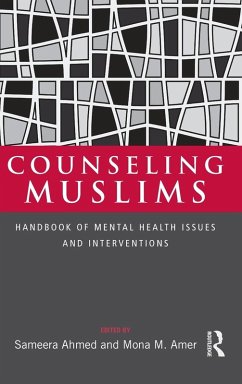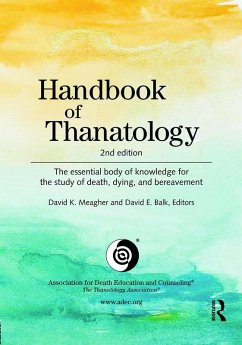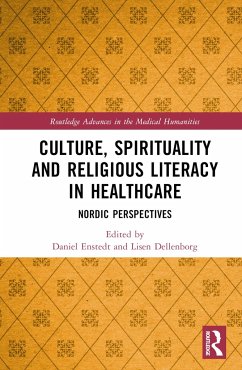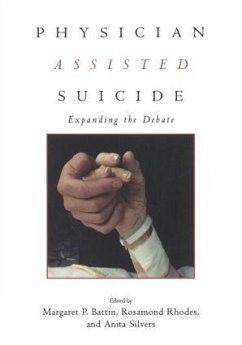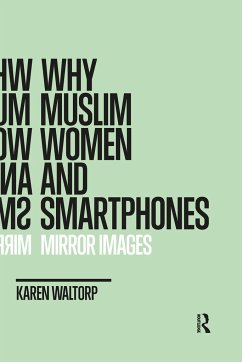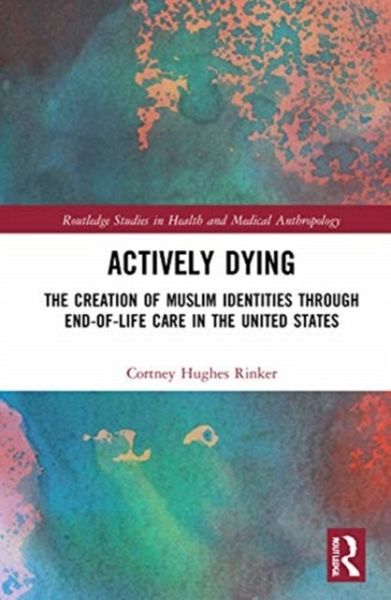
Actively Dying
The Creation of Muslim Identities through End-of-Life Care in the United States
Versandkostenfrei!
Versandfertig in 6-10 Tagen
156,99 €
inkl. MwSt.
Weitere Ausgaben:

PAYBACK Punkte
78 °P sammeln!
This book explores the experiences of Muslims in the United States as they interact with the health care system during serious illness and end-of-life care.It shifts "actively dying" from a medical phrase used to describe patients who are expected to pass away soon or who exhibit signs of impending death, to a theoretical framework to analyze how end-of-life care, particularly within a hospital, shapes the ways that patients, families, and providers understand Islam and think of themselves as Muslim. Using the dying body as the main object of analysis, the volume shows that religious identitie...
This book explores the experiences of Muslims in the United States as they interact with the health care system during serious illness and end-of-life care.
It shifts "actively dying" from a medical phrase used to describe patients who are expected to pass away soon or who exhibit signs of impending death, to a theoretical framework to analyze how end-of-life care, particularly within a hospital, shapes the ways that patients, families, and providers understand Islam and think of themselves as Muslim. Using the dying body as the main object of analysis, the volume shows that religious identities of Muslim patients, loved ones, and caregivers are not only created when living, but also through the physical process of dying and through death.
Based on ethnographic and qualitative research carried out mainly in the Washington, D.C. region, this volume will be of interest to scholars in anthropology, sociology, public health, gerontology, and religious studies.
It shifts "actively dying" from a medical phrase used to describe patients who are expected to pass away soon or who exhibit signs of impending death, to a theoretical framework to analyze how end-of-life care, particularly within a hospital, shapes the ways that patients, families, and providers understand Islam and think of themselves as Muslim. Using the dying body as the main object of analysis, the volume shows that religious identities of Muslim patients, loved ones, and caregivers are not only created when living, but also through the physical process of dying and through death.
Based on ethnographic and qualitative research carried out mainly in the Washington, D.C. region, this volume will be of interest to scholars in anthropology, sociology, public health, gerontology, and religious studies.




